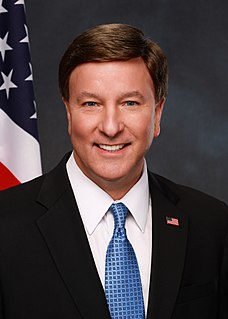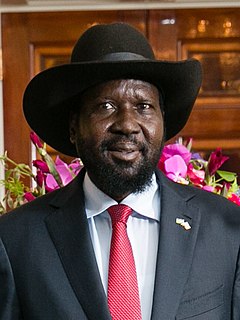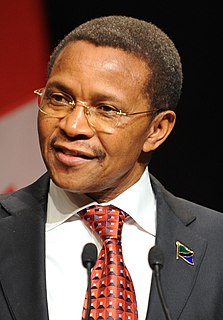A Quote by Michael Greger
The USDA is tasked with managing and promoting agriculture - including the well-funded animal agriculture industry - so it's pulled into a tug-of-war every time the dietary guidelines are re-evaluated.
Related Quotes
For me the two biggest issues are climate change and animal welfare/animal agriculture. And oddly enough animal agriculture is such a contributor to climate change. According to the United Nations, 25% of climate change comes from animal agriculture, so every car, bus, boat, truck, airplane combined has less CO2 and methane emissions than animal agriculture.
The reductionist measure of yield is to agriculture systems, what GDP is to economic systems. It is time to move from measuring yield of commodities, to health and well-being of ecosystems and communities. Industrial agriculture has its roots in war. Ecological agriculture allows us to make peace with the earth, soil and the society.
Women have an important role in agriculture. We need to introduce technology, which will help us harness the potential of women in agriculture. We need to divide the agriculture sector into three parts- regular farming, farming of trees and animal husbandry. If we are able to do this, the contribution of our women will increase even more.
I think people look at revolution too much in terms of power. I think revolution has to be seen more anthropologically, in terms of transitions from one mode of life to another. We have to see today in light of the transition, say, from hunting and gathering to agriculture, and from agriculture to industry, and from industry to post-industry. We're in an epoch transition.
In antiquity, agriculture and industry depended completely on human labor; but now, with the development of natural forces that human labor cannot match, agriculture and industry have fallen completely into the hands of the capitalists. The greater the amount of capital, the more abundant the resources that can be utilized.
Agriculture is not crop production as popular belief holds - it's the production of food and fiber from the world's land and waters. Without agriculture it is not possible to have a city, stock market, banks, university, church or army. Agriculture is the foundation of civilization and any stable economy.
The serious problem is the education of the peasantry. The peasant economy is scattered, and the socialization of agriculture, judging by the Soviet Union's experience, will require a long time and painstaking work. Without socialization of agriculture, there can be no complete, consolidated socialism.

































